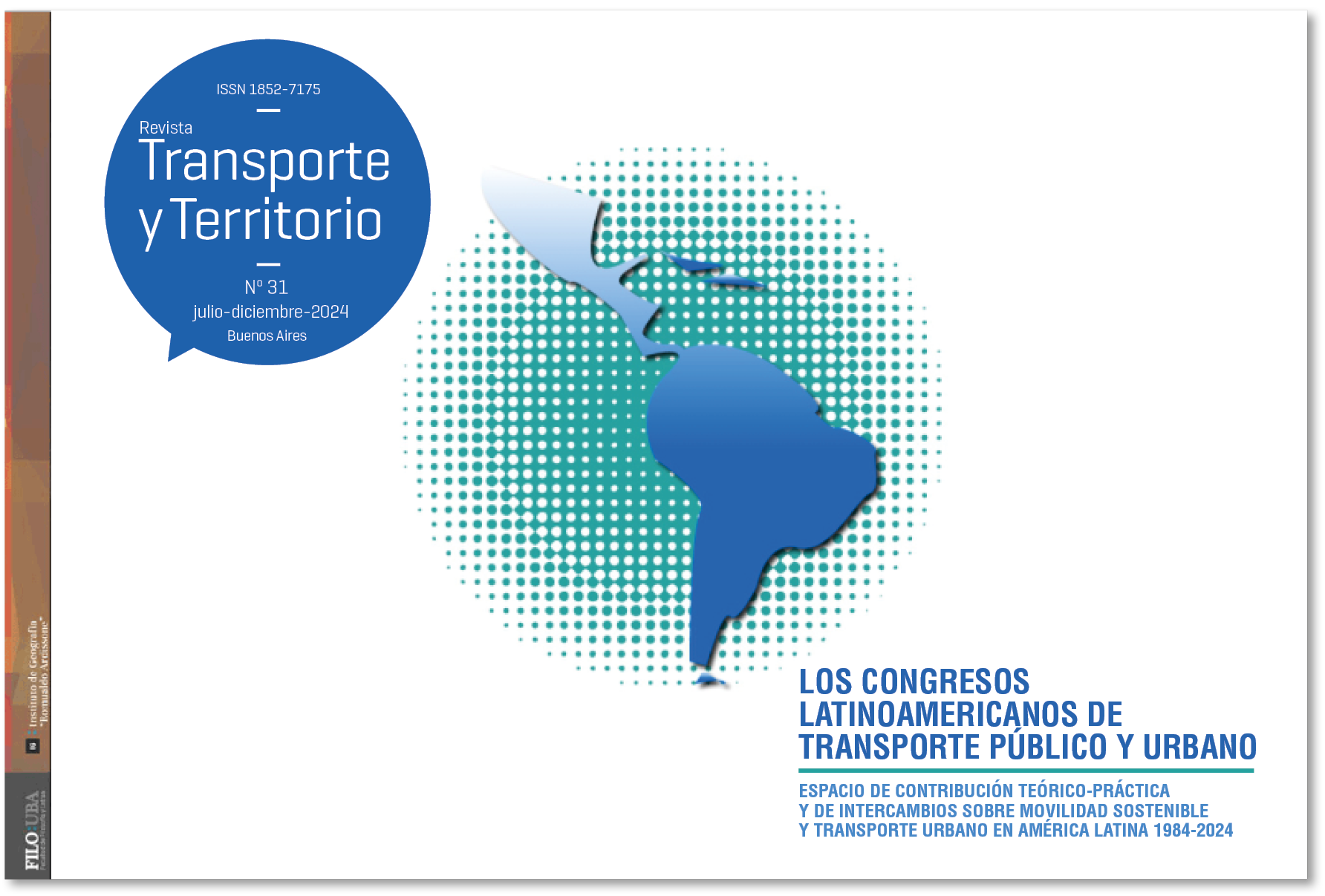The impact of cycling routes on travel time and speed on major avenues in Recife, Brazil
Abstract
The adoption of bike lanes brings various benefits to cities. In terms of accessibility, they allow more people to travel safely, regardless of age, physical condition, or purchasing power. Additionally, bike lanes contribute to sustainable development. This study investigates the impact of bike lanes on mobility in major avenues of Recife, Brazil, focusing on changes in average speeds and travel times before and after their implementation. The analysis was conducted on eight traffic corridors using historical data. The results show that average speeds decreased after the introduction of bike lanes, especially during peak hours. However, this reduction aligns with road safety guidelines, creating a safer environment for cyclists and pedestrians. Regarding travel times, the difference between using a car and a bicycle is minimal outside peak hours. It can be concluded that the impacts in terms of speed and travel time are minimal, which reinforces the need for expanding bike lanes in a metropolitan area.Downloads
Copyright (c) 2025 Iago Santana Nunes, Leonardo Herszon Meira

This work is licensed under a Creative Commons Attribution 4.0 International License.

 Important notice
Important notice


1.jpg)

3.png)




















